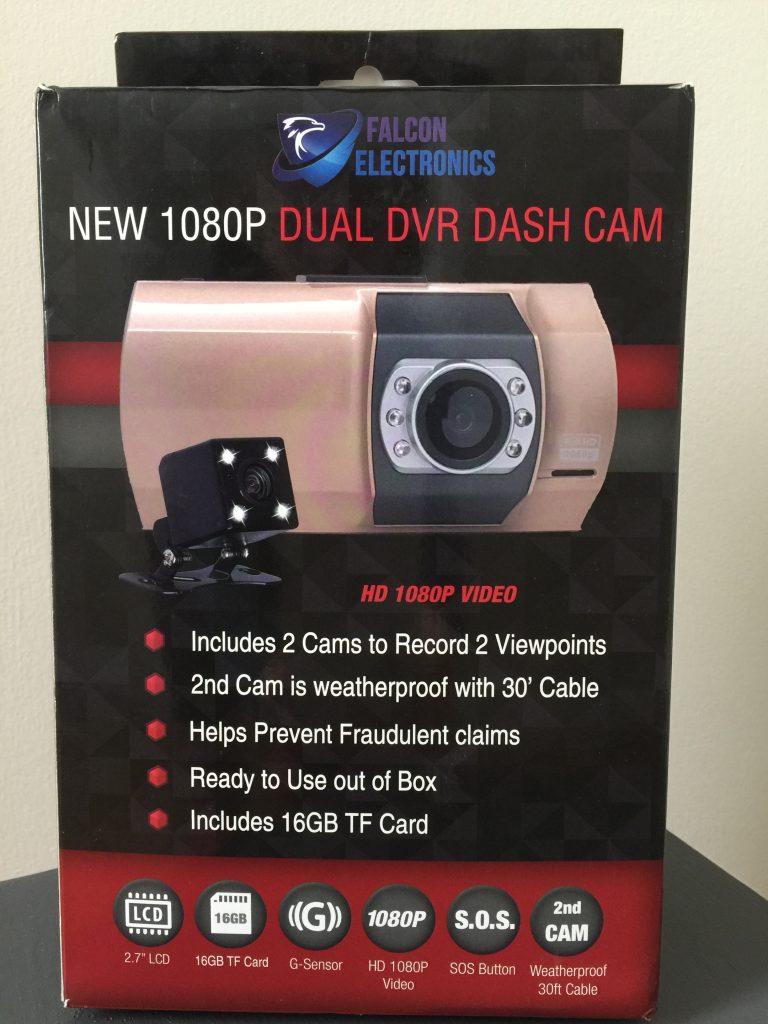Sleep Tips to Fall Asleep Quick + Easy — Just for Truckers

We offer easy and quick sleep tips for truck drivers.
One of the many challenges for the professional truck driver, is getting a sufficient amount of quality sleep.
Getting enough sleep and falling asleep quickly, is very important for the truck driver.
If a driver isn’t properly rested, the results can be devastating for the driver and others on the road.
If getting good quality sleep is an issue for you as a professional truck driver, take a look at the tips we list and try out a few.
All of these tips are super easy to implement and definitely worth a try to see what works for you.
Most sleep issues can be improved by correcting some simple things that are affecting your sleep.
Here are some easy to implement sleep tips, just for truckers.
Don’t Drive to Exhaustion
It’s very important that you don’t drive to the point of being overtired.
This makes it even more difficult to get to sleep.
It’s sometimes called the “tired but wired” syndrome.
When you push yourself past a certain point, you may start to feel like you’re not tired anymore.
You get “wired” or hyped up. You get your “second wind”.
Many drivers will try to take advantage of this and keep pushing until they feel tired again, but the problem is that this is not safe for you at all.
You may feel okay, but you’re not actually functioning a full capacity and your reaction time will be slower and it will be harder to pay attention.
It also increases your likelihood to “doze” off when you’re not expecting, which is obviously very dangerous.
Try to stop at a regular time each night for sleep, if you’re able.
This helps you create a routine and stabilize your internal clock for sleep.
It can help put your body and mind into sleep mode.
Related Article > How Lack of Sleep Affects Your Driving

Tips for Getting a Decent Sleep in Your Truck
Since it’s already going to be more difficult to sleep in a truck, you want to simulate a nice sleep environment as much as you can.
This is why it’s very important to make your environment comfortable.
The goal is to try to duplicate your sleeping environment from home.
These are simple suggestions, but they do work.
- You will need a good mattress.
- Pick up an inexpensive insulation pad at a camping store or big box store. It will add extra comfort and insulate you from the cold below.
- Good quality pillow
- Using sleep meditation apps on your phone or white noise can be very helpful for many people.
- You should also have the appropriate weight of comforter for the season.
- Be sure your sleep are is tidy so you don’t trip over something if you need to get up through the night.
Best Places to Sleep
It’s also important to know the best places to sleep.
When you’re on the road, you need to know where to stop to get some good sleep.
Here are some suggestions for safe,quiet areas.
- Truck Stops. Find a quiet spot away from the fuel islands and noise. Paid parking may be safer and quieter.
- Rest Areas. Choose a quiet spot away from trucks with reefer motors, or live animal loads.
- Avoid Ramps. Not recommended due to safety issues, but sometimes there’s not much choice. If you have to stop to sleep on a ramp, always do so as safely as possible and try to get moving away as soon as you can.

Coping with Noise When Sleeping
Now, the next problem that interferes with healthy sleep for truckers is noise.
There can be noise from other trucks, traffic, vibration of trucks, APU’s and more.
All of this can greatly interfere with your ability to get some sleep in the truck.
Here are some tips for coping with noise while sleeping in your truck:
- White Noise or Sleep App. Try using ‘white noise’ device or phone app
- Earplugs or noise-reducing headphones
- Play low-key, chill music you like.
Winding Down for the Night — Trucker Sleep Tips
Winding down before shutting down the program for the night will help get your body and mind into sleep mode.
Limit Screen Time. Try not to go from screen time to lying down. The blue light from the ‘screen’ will mess with your mind, making your brain think it is daytime. Your sleep may not be so restful.
Avoid Stress. Avoid stressful phone calls before sleep.
Quiet is Key. Make bedtime a quiet time.
Consider meditation. It’s time to quiet your busy mind after along busy, hectic day. Mediation can give you a better-quality sleep. You’ll feel more rested. It doesn’t need to be complex or weird.
Low Key Activity. If you feel you need some sort of activity to wind down at bed time, try reading, a leisurely walk, listening to favorite music or even yoga or stretches. Nothing that gets you overworked.
Of course exercise is great, but the experts say no vigorous workouts before turning out the lights. Some stretching is a good idea in the bunk of your truck. The idea is to wind down, not wind up.
Eat Light, If You Must Eat. Try not to eat, then directly go to bed. If you need to eat, keep it to fruit, or something. Eat 2-3 hours before bed and eat lightly for your last meal of the day.
Routine or Ritual. Try having a nighttime sleep ritual/routine. This gives the body and brain the message that it’s time to go ‘night-night’.
This could be some stretching, getting on your jammies, brushing teeth, reading a chapter of a book.
Keep in mind that it takes some getting accustomed to.
Over time your body will get used to it, but it takes some time to get into that routine.
The idea is to get into the SLEEP ZONE. The brain will adapt to this and you will get the sleep message. Especially if you make this a habit.
Dark. The sleep area must be BLACK BLACK BLACK. Bits of light will mess with you and not allow you to get a decent rest.
This includes artificial light from clock radios, phone, parking lot lights, etc. All interfere with melatonin levels.
A Hot Shower. Nothing like a nice hot shower at bed time, to help relax those nerves. Grab an evening shower at a clean truck stop to help ensure you’re in the ZZZZ zone.
Sleep Tip. Try a sleep mask. They are dirt cheap and work wonders.

Fresh Air. Have fresh air flowing through your bunk, if you’re able. Note that it may be too noisy with hatch doors open. Also adjust the temperature in the bunk to a cooler temperature. It’s better for sleeping.
No coffee. No coffee or other caffeinated drinks within 6+ hrs of your bedtime. Coffee really messes with your sleep and the caffeine sticks with you for a long time.
Cut Down on Drinks. Start to reduce the volume of drinks a few hours before bed to cut down on bathroom trips through the night.
Healthy sleep is so important. It keeps your mind and body healthy as well, and a good night’s sleep helps dictate the type of day you will have tomorrow. If you want to have a great day on the road, then you want to prioritize your sleep the night before.
The Dirt on Daytime Sleeping
Daytime sleeping can really interfere with your ability to get healthy rest.
You should try to avoid whenever possible.
It’s unnatural and goes against the body’s circadian rhythm.
When you start daytime sleeping, it throws off your whole schedule and can make it difficult to sleep properly and at night after.
It can be done if necessary but it has been proven that daytime sleep is usually of lower quality than nighttime sleep.
- Maybe there’s too much light in your bunk, which can interfere with sleep.
- Maybe the environment is too noisy, and you’re being wakened often.
Sleep + Meditation Apps
Technology has a lot of great tools to help us today.
Sleep and Meditation apps are very useful and effective.
They are great to help wind you down after stressful hours of driving.
These are a few of my personal favourite apps and devices that really work, if you make using them a habit. Find one with a ‘voice’ that you like, that’s key.
- Bluetooth Tracker — I have a FitBit which analyzes my sleep, to tell me if I was awake a lot, or not getting deep quality sleep. Using a sleep tracker like this to monitor your sleep habits can help you improve them to get better sleep each night.
- iSleep Easy – A cheap app on Itunes
- Calm Radio – By the month or annual subscription – look for discounts
- Podcasts – There are great free Podcasts – I like ‘Meditation Oasis‘

Safety When Parked For Sleeping
Here are some tips to help you with safety while you are parked and sleeping in your truck.
- Make sure your truck is safe, secured and locked when you are sleeping.
- It’s best to park in paid and/or secured parking areas.
My Sleep is Lousy – What to Do?
If you’re feeling rugged after 7-8 hours in the rack, try to figure out why.
It’s up to you as a professional to figure out what the problem is and fix it.
You owe it to yourself and others on the road to be well-rested.
Driving tired is a major safety issue.
If sleep is a struggle for you, dig deeper to find out why.
There are almost always underlying issues to poor sleep.
It’s usually easy to identify simple issues and correct them to improve your sleep.
Related Articles
- Eye-Opening Truck Driving Safety Tips That Will Save Lives
- 10 Health Tips Just For Truckers — Staying Sharp on the Road






